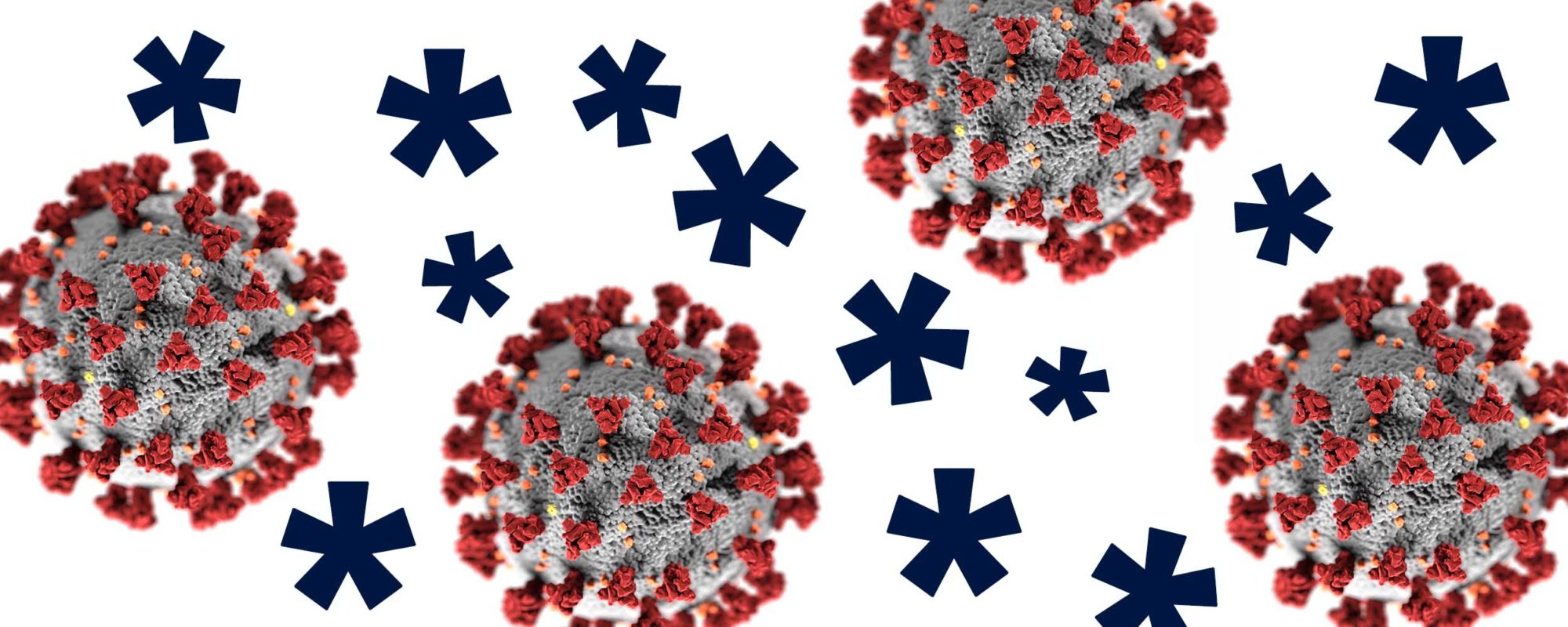Public Citizen, Scientists: Gilead and Federal Scientists Have Neglected a Potentially Promising COVID-19 Antiviral Drug
Gilead May Have Significant Financial Incentive Not to Pursue GS-441524 as a Coronavirus Treatment

WASHINGTON, D.C. – Gilead Sciences, Inc. and the federal government apparently have been sitting on a potentially promising coronavirus treatment (GS-441524) for months that may offer significant advantages over the closely related antiviral drug remdesivir, possibly to maximize profits, Public Citizen and two scientists specializing in cancer drug development said today in a letter to the company and senior federal health officials.
Gilead and the U.S. Department of Health and Human Services (HHS) aggressively have pursued the development of remdesivir as a treatment for COVID-19, while the experimental antiviral drug GS-441524 – which has a chemical structure and activity very similar to remdesivir – has been neglected. This is despite extensive, publicly available scientific evidence suggesting that GS-441524 may be a better option than remdesivir based on the following:
- GS-441524 has demonstrated marked effectiveness and safety in the treatment of a lethal coronavirus infection in cats;
- GS-441524 has been shown in cultured cells to have antiviral activity against the novel coronavirus that causes COVID-19 that appears to be similar or superior to that of remdesivir, and at levels achievable in the body with low toxicity;
- GS-441524 enters lung cells and is converted to its active form that halts reproduction of the coronavirus;
- GS-441524 is a smaller molecule and is more water soluble than remdesivir, possibly facilitating its use in oral or inhaled forms for treatment of COVID-19, whereas remdesivir is currently limited to intravenous use only;
- GS-441524 is substantially easier to manufacture than remdesivir; and
- In humans, following injection of remdesivir, GS-441524 is the predominant substance that provides antiviral therapeutic effects in the lungs.
In addition to Gilead, the letter was sent to the heads of the National Institutes of Health, the National Institute of Allergy and Infectious Diseases, the U.S. Food and Drug Administration and Biomedical Advanced Research and Development Authority.
It is unclear why Gilead and federal scientists have not been pursuing GS-441524 as aggressively as remdesivir, but the answer may be found in the corporation’s patent holdings, the letter said. Gilead holds patents on both agents, but the earliest patent approval date on remdesivir is 2015, whereas the earliest on GS-441524 is 2010. As a result, the corporation’s monopoly over remdesivir may last five years longer than that for GS-441524, allowing Gilead to make substantially greater profits from the sale of remdesivir as a COVID-19 treatment.
“It is sadly predictable that Big Pharma responds to a global pandemic by trying to bring to market only those drugs that maximize its profits,” said Michael Abrams, a health researcher with Public Citizen’s Health Research Group and lead author of the letter. “What is alarming here is that federal scientists and Trump administration regulators appear to be willing partners with Gilead in decisions that run distinctly counter to the government’s primary imperative of advancing public health during this worldwide crisis.”
Public Citizen and the scientists are asking Gilead and HHS either to work collaboratively to promptly pursue the development of GS-441524 as a treatment for COVID-19 or to publicly explain and provide evidence as to why doing so is not scientifically or medically feasible. They further request that if Gilead is still unwilling to pursue investigation and development of GS-441524, the corporation should immediately permit federal and academic scientists to do so.
Read the letter here.